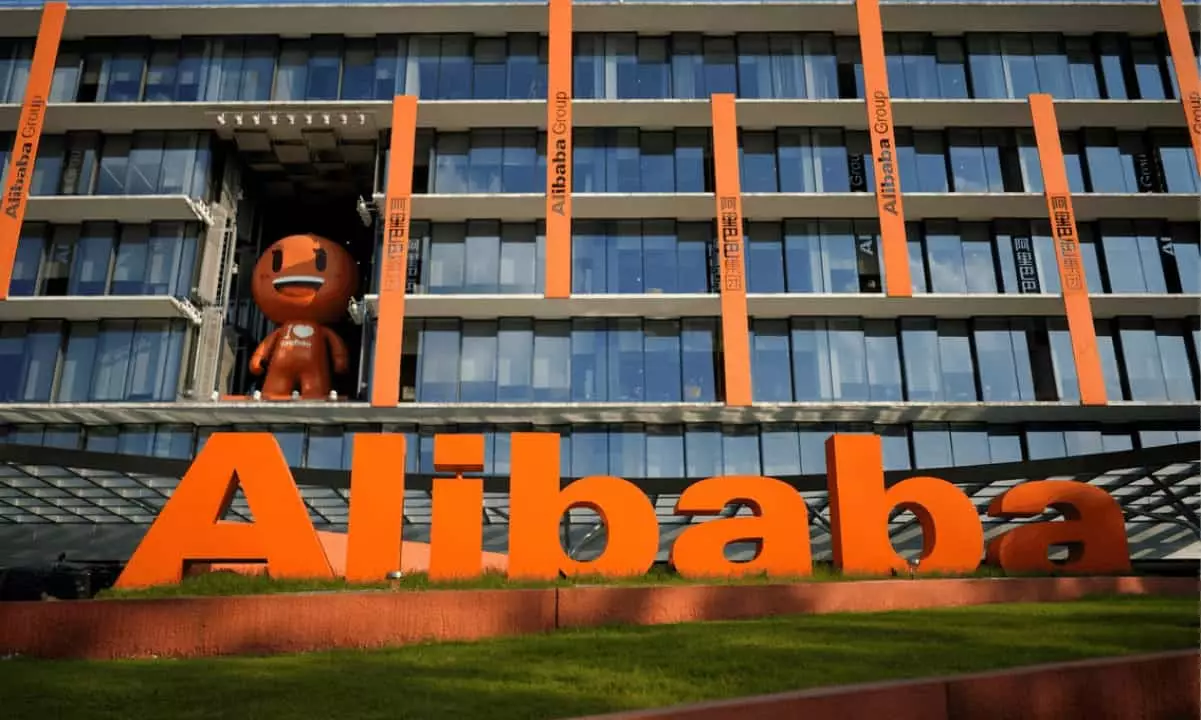The recent trend of major technology companies pivoting away from extensive investments in the metaverse has reached Alibaba, the Chinese e-commerce giant known for its ambitious tech ventures. In an effort to streamline operations and enhance efficiency, Alibaba is downsizing its Yuanjing metaverse unit, thereby reducing its workforce. This restructuring reflects a notable shift in the company’s strategic focus toward more immediate technological advancements and applications, rather than the expansive and potentially uncertain landscape of the metaverse.
Impact of the Restructuring
As reported by the South China Morning Post—owned by Alibaba—it appears that this overhaul has impacted “dozens” of employees, particularly affecting operations centered in Shanghai and Hangzhou. Once a hub of creativity and innovation with a workforce numbering in the hundreds, Yuanjing has witnessed a significant cutback in its personnel. Despite this downsizing, Alibaba has assured stakeholders that the unit will continue to operate, albeit with a narrower focus on practical metaverse applications, customer engagement, and the development of relevant tools.
Even as it retracts from broader metaverse ambitions, Alibaba is not abandoning the sector entirely. The company has recently invested $60 million into Nreal, a Chinese startup focusing on augmented reality glasses—an indication that Alibaba still sees value in specific areas of immersive technology. This strategic choice resonates with industry analysts who suggest that augmented and virtual reality technologies will play a crucial role in bridging users to future metaverse experiences. Furthermore, Yuanjing has created a cloud-based operating system designed to facilitate the integration of the metaverse within various sectors, including gaming and industry, thus retaining a foothold in this space.
Alibaba’s revamping of its metaverse operations aligns with a broader trend observed across the tech industry. Many firms, including Meta Platforms, have begun to scale back their metaverse initiatives in favor of reallocating resources toward artificial intelligence (AI), which has become a significant area of interest following advancements like ChatGPT from OpenAI. Meta, for instance, saw job cuts within its Reality Labs division, suggesting a diminishing confidence in the immediate profitability of metaverse investments.
The Future Outlook
Despite the current downsizing, it’s essential to note that the industrial metaverse market remains robust. According to data from Global Markets Insights, the sector was valued at an impressive $22.4 billion in 2023, with projections indicating a compound annual growth rate (CAGR) of 29.5% from 2024 to 2032. This growth signals that while some tech giants like Alibaba may be recalibrating their approach, the metaverse is still seen by many as a significant frontier for future technological engagement.
Alibaba’s downsizing is reflective of complex market dynamics, indicating a prudent response to evolving tech landscapes while still seeking to harness the potential that metaverse-related technologies can offer. As the company navigates this transition, the industry will be watching with anticipation to see how these strategic alignments unfold.


Leave a Reply